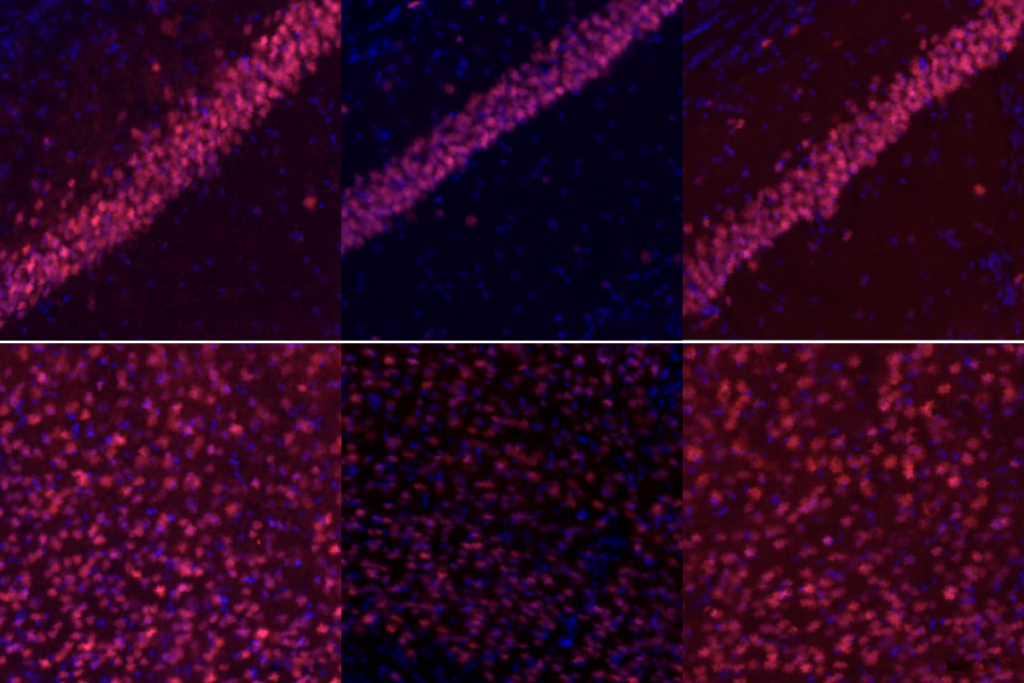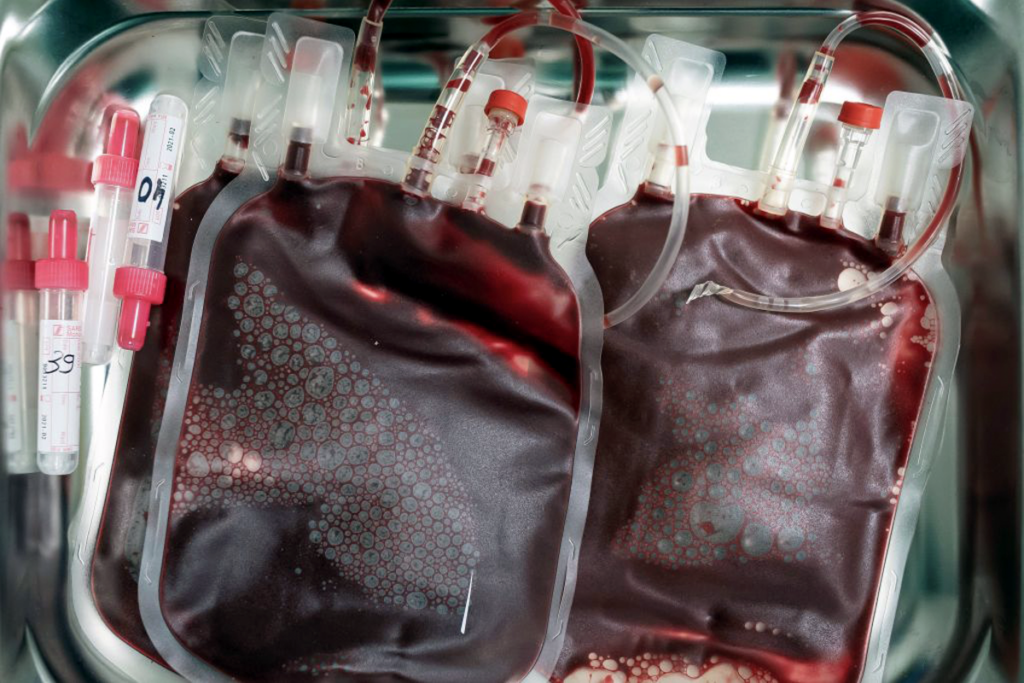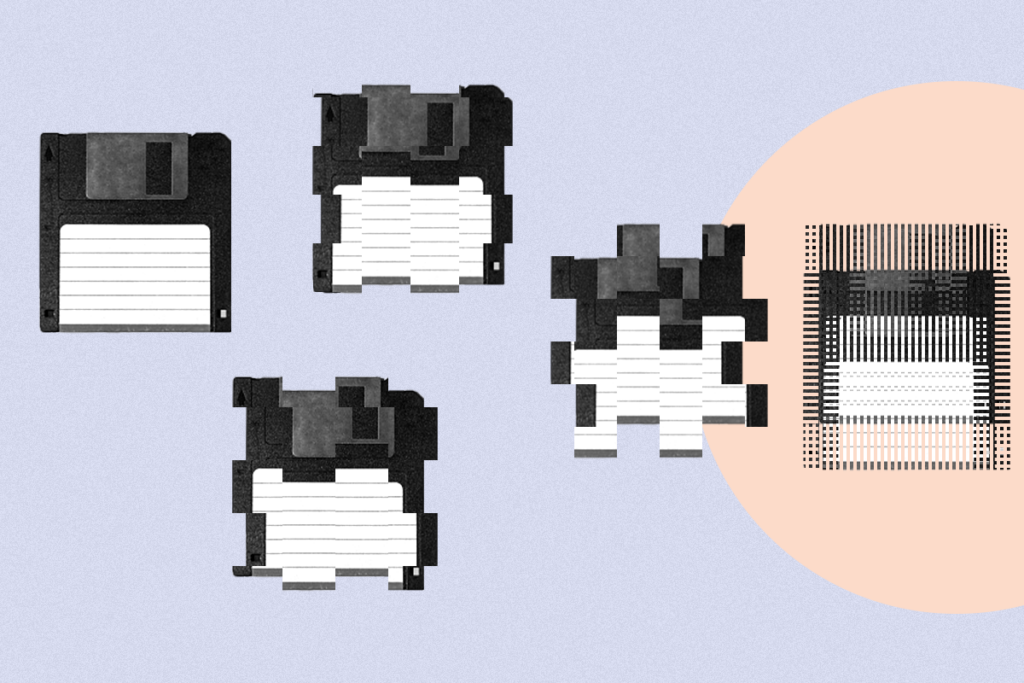When the U.S. Food and Drug Administration (FDA) announced during a White House press conference last week that it would expand the use of leucovorin as “a promising treatment for symptoms of autism,” it cited an analysis of 23 publications. The Transmitter has obtained the list of the 23 studies—which together examine leucovorin treatment in a total of 46 people who have cerebral folate deficiency (CFD), a rare neurological condition characterized by developmental delays, autism-like traits and seizures.
Leucovorin came onto the FDA’s radar when Nicole Kleinstreur, acting deputy director for program coordination, planning and strategic initiatives at the U.S. National Institutes of Health, met with experts and autistic people to create a list of about a dozen drugs that some doctors prescribe off-label for autism traits, says George Tidmarsh, director for the Center for Drug Evaluation and Research at the FDA. “Leucovorin was near the top of the list,” Tidmarsh told The Transmitter in an exclusive interview.
When Tidmarsh and his colleagues dug into the literature, they identified 23 studies that suggest leucovorin treatment benefits a distinct group of people: those with CFD due to variants in the folate receptor alpha (FOLR1) gene. The treatment normalizes levels of folate in their cerebrospinal fluid, decreases the number of seizures and boosts their ability to communicate and interact socially.
The FDA is “making the case for this drug on probably the most convincing clinical use of it in folate receptor-associated cerebral folate transport deficiency,” says I. David Goldman, professor emeritus of medicine, oncology and molecular pharmacology at the Albert Einstein College of Medicine. The agency took steps to relabel a branded version of leucovorin called Wellcovorin to treat autism traits in people with CFD.
The FDA’s relabeling of leucovorin is limited to genetic CFD, Tidmarsh says. “We’re not proposing to approve leucovorin for [people with] the diagnosis of autism,” he says.
Regardless, “it’s going to create a frenzy around this acquisition of this drug,” says Shafali Jeste, chair of pediatrics at the University of California, Los Angeles. There is little evidence to suggest that leucovorin would benefit autistic people, Jeste and several other autism researchers previously told The Transmitter.
The push to address autism itself with leucovorin may stem from a yet-unproven hypothesis that some cases of CFD and autism could be caused by autoantibodies against folate receptors that lead to folate deficiency, says Joseph Buxbaum, professor of psychiatry, genetics and genomic sciences, and neuroscience and director of the Seaver Autism Center at the Icahn School of Medicine at Mount Sinai. Some of this research on the autoantibodies has been led by Richard Frye, a child neurologist and researcher at the Rossignol Medical Center, who was the subject of a profile published yesterday by The Transmitter.
This has created “this gray zone of, ‘maybe there’s other people with autoantibodies that have a milder case [of folate deficiency]. And that might also be responsive to a treatment like leucovorin,’” Jeste says. “But that ‘what if’ has not been tested and studied.”
In a notice in the Federal Register, the FDA said that the new label will make a note of an autoimmune form of CFD and its similarity to autism but will clarify that more data is needed. “We did not find the data sufficiently compelling for that much larger group of patients,” Tidmarsh says. “We are being very careful—even though there is some evidence, we are excluding that because we don’t want people to make the mistake to think that this is a cure for all of autism.”
F
OLR1-associated CFD is an ultra-rare genetic disorder, according to a 2024 review. FOLR1 encodes the primary transporter of folate from the choroid plexus into the cerebrospinal fluid, so variants in this gene impair transport and decrease the amount of cerebral folate, which is critical for development. Without enough folate, people with CFD show early developmental delays, particularly in cognition and speech.For those with CFD, leucovorin has been the standard treatment of care for the past 20 years, Goldman says. Of the 46 people described in the 23 studies the FDA analyzed, most of whom are toddlers, “85 percent show improvement in the symptoms associated with CFD. Many of those symptoms are autistic symptoms,” Tidmarsh says.
With this analysis, the FDA “determined that the information supports a finding that leucovorin calcium can help individuals suffering from CFD,” particularly to treat “symptoms of autism” in this population, according to the FDA press release.
Leucovorin is currently approved for anemia, colorectal cancer and for counteracting the effect of high-dose chemotherapy. But the list of 23 case studies shows that the drug can also help people with genetic CFD, an example of how the FDA’s recent proposal for finding therapeutics for rare diseases would work, Tidmarsh says. “We are willing to accept real-world data for extremely rare diseases where the mechanism is extremely clear and there’s good, real-world evidence for the efficacy of a drug.”
The relabeling would legitimize the use of leucovorin for these patients and might help bring awareness to CFD patients, says Helen Tager-Flusberg, director of Center for Autism Research Excellence at Boston University, adding that she is, however, concerned it might be extrapolated to autistic people.
Some studies suggest that CFD and clinical signs of autism may be caused by autoantibodies against the folate receptor and consequent folate deficiency, a hypothesis based on weak science, Buxbaum says. The work has been poorly controlled and inconsistent, he adds. “This reinterpretation of CFD, calling it autoimmune CFD, is not on the [medical] boards. That is a made-up construct.”
By relabeling, the FDA could be opening the door to broadening the use of leucovorin to larger populations, including those diagnosed with autism, Jeste says. “I think to sort of take small, poorly conducted studies and generalize like this is very problematic,” Jeste says.
Some statements indicate that leucovorin could be used for anyone with autism. “The change will authorize treatment for children with ASD, with continued use if children show language, social, or adaptive gains,” reads a 22 September press release by the Department of Health and Human Services. “While promising, it is important to note that leucovorin is not a cure for ASD and may only lead to improvements in speech-related deficits for a subset of children with ASD,” the press release continues.
During the 22 September press conference, FDA Commissioner Marty Makary said “a growing body of evidence suggests that some children suffering from autism are folate deficient within the brain—a problem that can be treated with leucovorin.”
Jeste she says she expects to see an increase in patients and families asking for leucovorin, which is concerning because the drug can have side effects such as gastrointestinal issues, and because it could create a shortage for people who need it for other conditions. “Whether it’s on the label or not, it will be used ‘off-label,’” Jeste says. “And it’ll be an unfortunate burden for families.”






